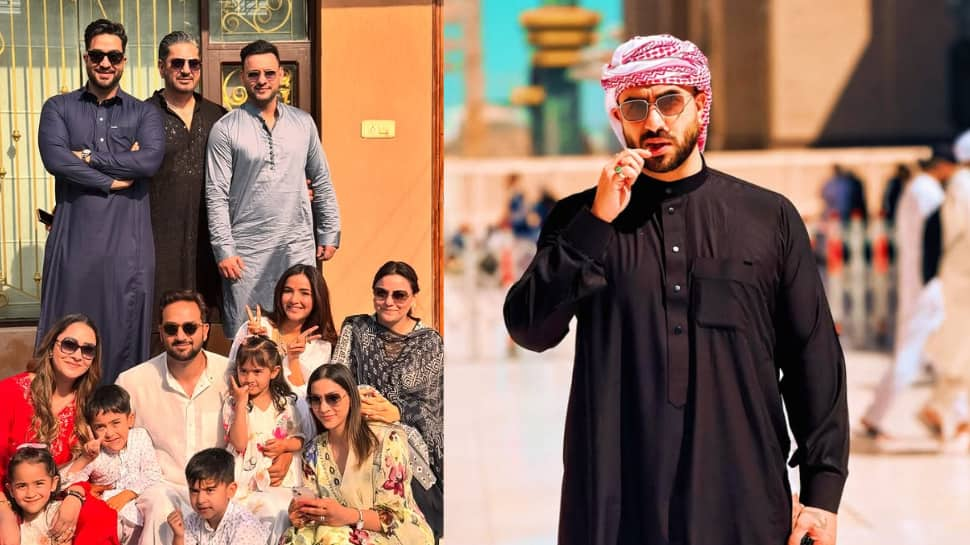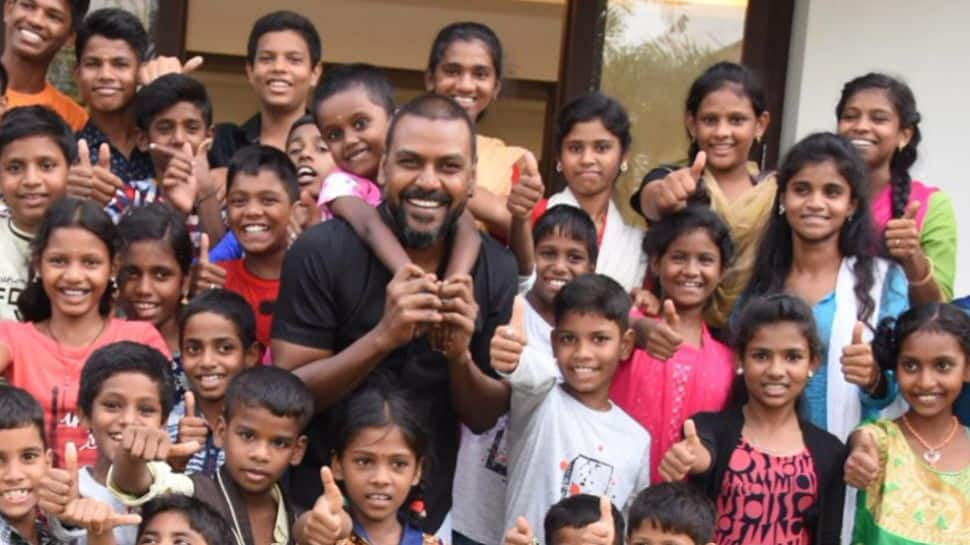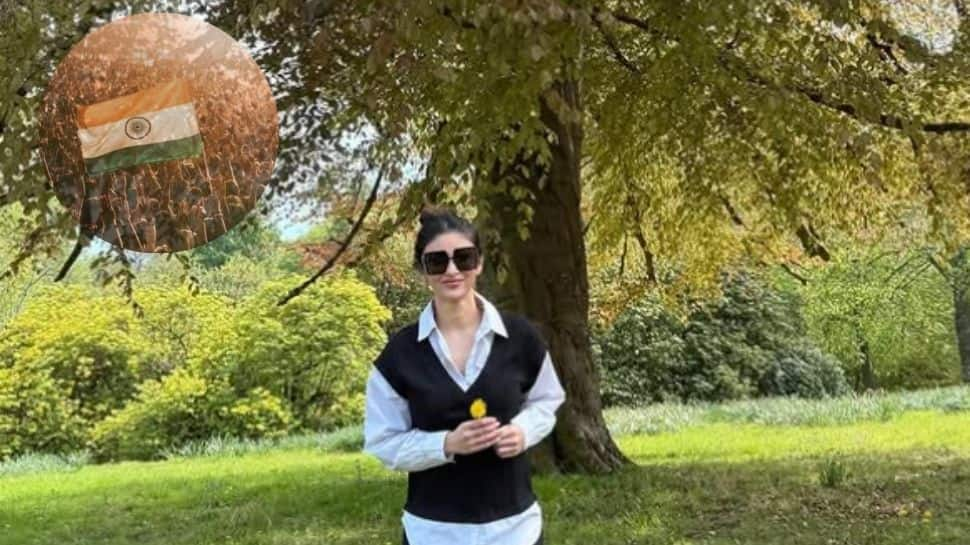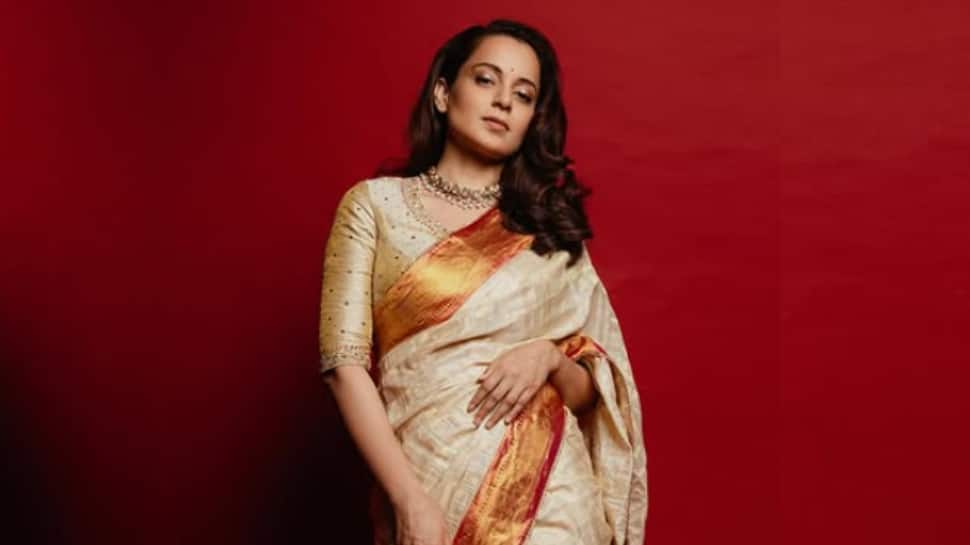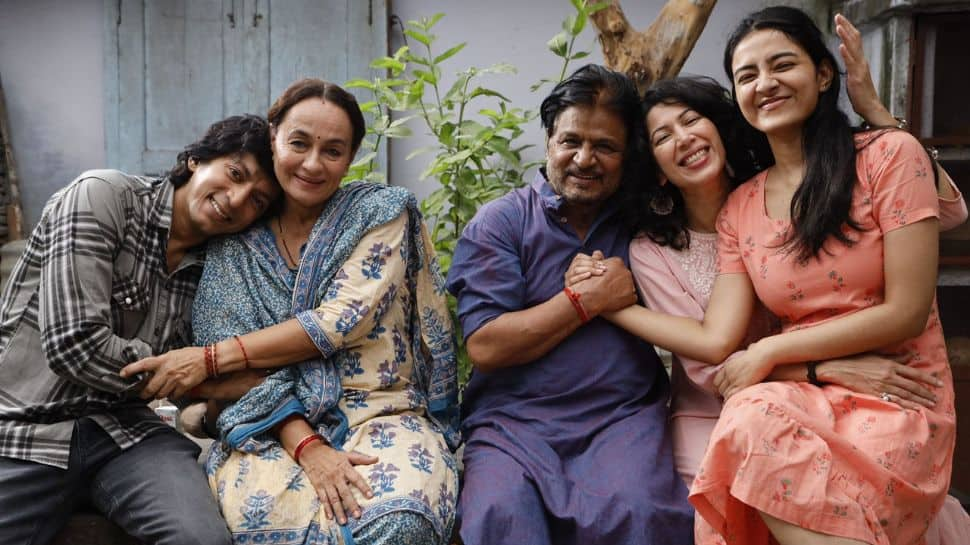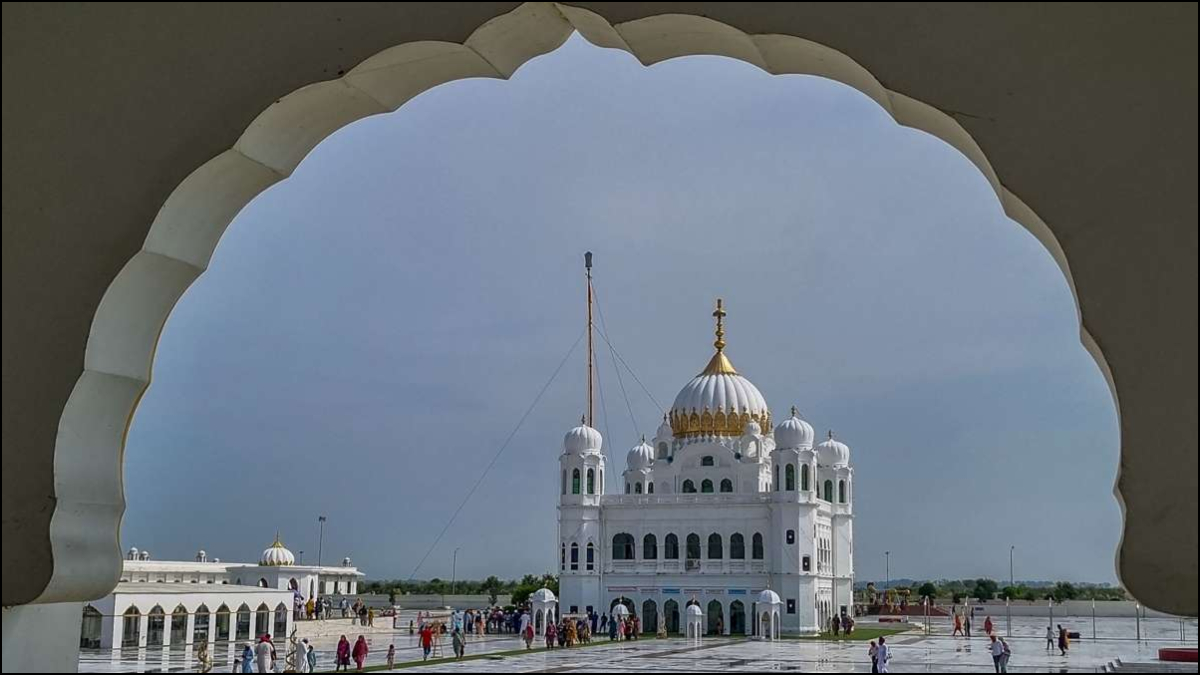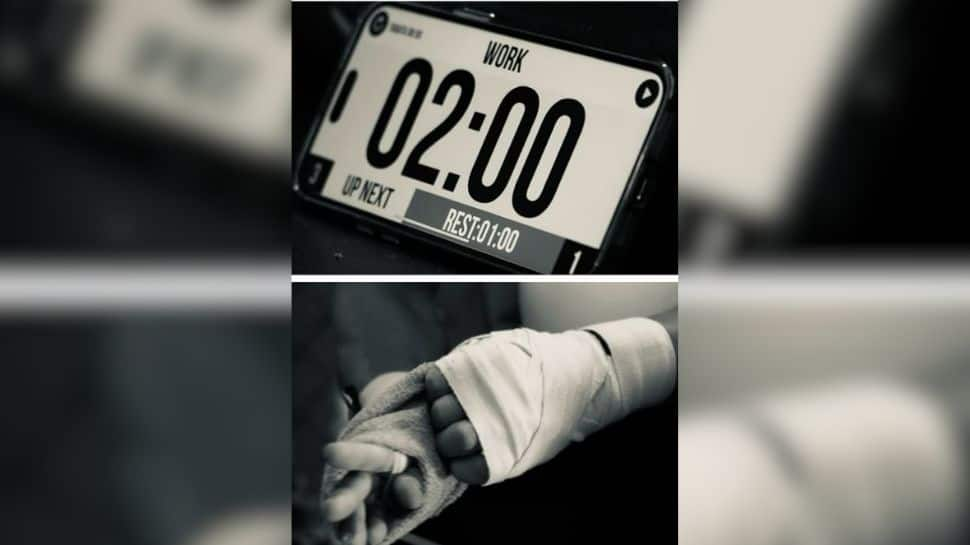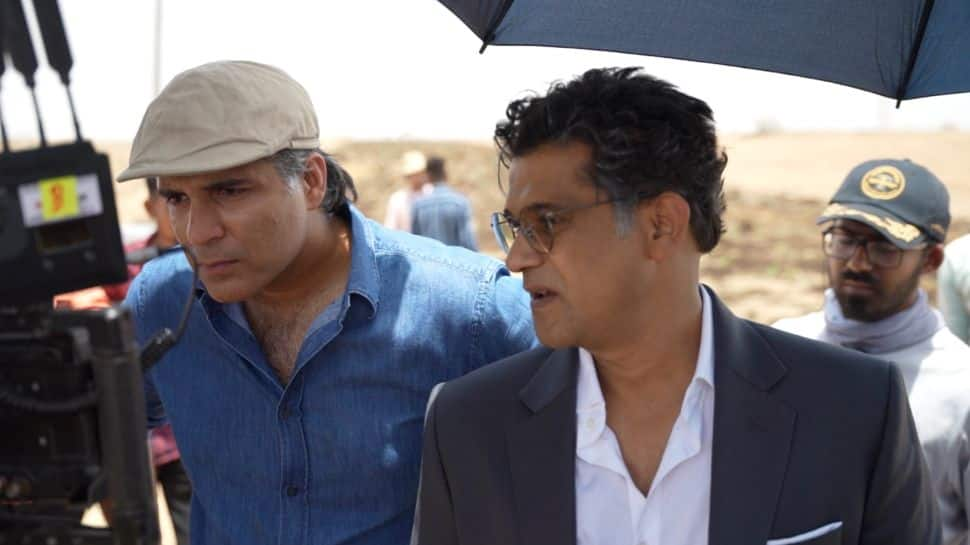Eid is one of the most significant celebrations in the Islamic calendar, marking the end of the month-long fasting during Ramadan. It is a time of gratitude, spiritual reflection, and community. Among the many customs associated with Eid, the practice of giving and receiving "Eidi" stands out as a beloved tradition that adds an extra layer of joy and excitement to the festival.
What is Eidi?
Eidi (also spelled Eed, Eidiya, or Eed gifts) refers to gifts, often in the form of money, that are given to children, relatives, and loved ones during the celebration of Eid. While the tradition varies in different cultures, the essence of Eidi remains the same: it is a symbol of love, blessing, and goodwill, shared to make the holiday even more special.
The word "Eidi" is derived from the Arabic word "Eid," meaning festival or celebration. Therefore, Eidi can be understood as a gift to mark the occasion of Eid, a way to spread happiness and celebrate togetherness. Eidi is typically given by elders, such as parents, grandparents, uncles, aunts, or other family members, to younger relatives or friends.
The Significance of Eidi
Eidi holds cultural and emotional significance for Muslims around the world. It is not just about the monetary value but the thoughtfulness and generosity behind it. The practice of giving Eidi strengthens bonds within families and communities, fostering a spirit of unity and sharing. It is a way for adults to show appreciation for the younger generation, while also teaching them the importance of giving and receiving with a grateful heart.
In many cultures, children eagerly look forward to receiving Eidi as it is one of the highlights of the Eid celebration. For them, it serves as a form of reward and recognition for their participation in Ramadan, symbolizing the joy and excitement that Eid brings. The joy is not limited to the children, as the exchange of gifts creates a sense of mutual respect and love within families and between neighbors.
Eidi Across Different Cultures
While the concept of Eidi is common across the Muslim world, its forms and practices can vary depending on the country, region, or cultural norms.
In South Asia (India, Pakistan, Bangladesh) – One of the most famous traditions of Eid in these countries is the giving of money in small denominations, particularly to children. It is common for elders to visit family members and hand out Eidi, often along with sweets like mithai and sevaiyan (vermicelli). The amounts may differ depending on the relationship between the giver and the receiver, but it is usually seen as a token of love and affection rather than something lavish.
In the Middle East (Saudi Arabia, UAE, etc.) – While money remains the most common form of Eidi, gifts like clothes, toys, or other thoughtful items are also exchanged, especially for children. Traditional items like gold or silver coins may also be given as Eidi to symbolize prosperity and blessings.
In Turkey – Eidi is often given in the form of money, but the tradition of gifting small tokens, such as clothing or sweets, is also quite common. Many families may also use this occasion to visit the elderly, paying their respects and giving small tokens of appreciation.
In Southeast Asia (Malaysia, Indonesia) – The tradition of giving "duit raya" (similar to Eidi) involves gifting money to children. However, this is usually done in special envelopes, often adorned with colorful designs and symbols of good luck.
The Spiritual Aspect of Eidi
Although Eidi is a joyful custom associated with Eid, it also has a spiritual and charitable dimension. The act of giving during Eid is rooted in the Islamic principles of generosity and charity. Muslims are encouraged to help those in need, especially during the festival. This is why alongside the exchange of gifts, many Muslims also make a point of donating to charity (known as Zakat al-Fitr) before Eid prayers, ensuring that even the less fortunate can participate in the joy of the holiday.
Eidi serves as a reminder to focus not only on personal celebrations but also on extending kindness and sharing blessings with others. It emphasizes the values of giving, gratitude, and communal harmony that are central to the teachings of Islam.
Eidi is more than just a gift; it is a manifestation of the love, joy, and generosity that define the spirit of Eid. Whether it is in the form of money, sweets, or thoughtful presents, Eidi embodies the essence of sharing happiness and building stronger relationships with family and friends. Through this beautiful tradition, Muslims worldwide celebrate Eid with a sense of unity and joy, creating lasting memories that resonate through generations.
(This article is intended for your general information only. Zee News does not vouch for its accuracy or reliability.)
Stay informed on all the latest news, real-time breaking news updates, and follow all the important headlines in india news and world News on Zee News.

 1 month ago
1 month ago

